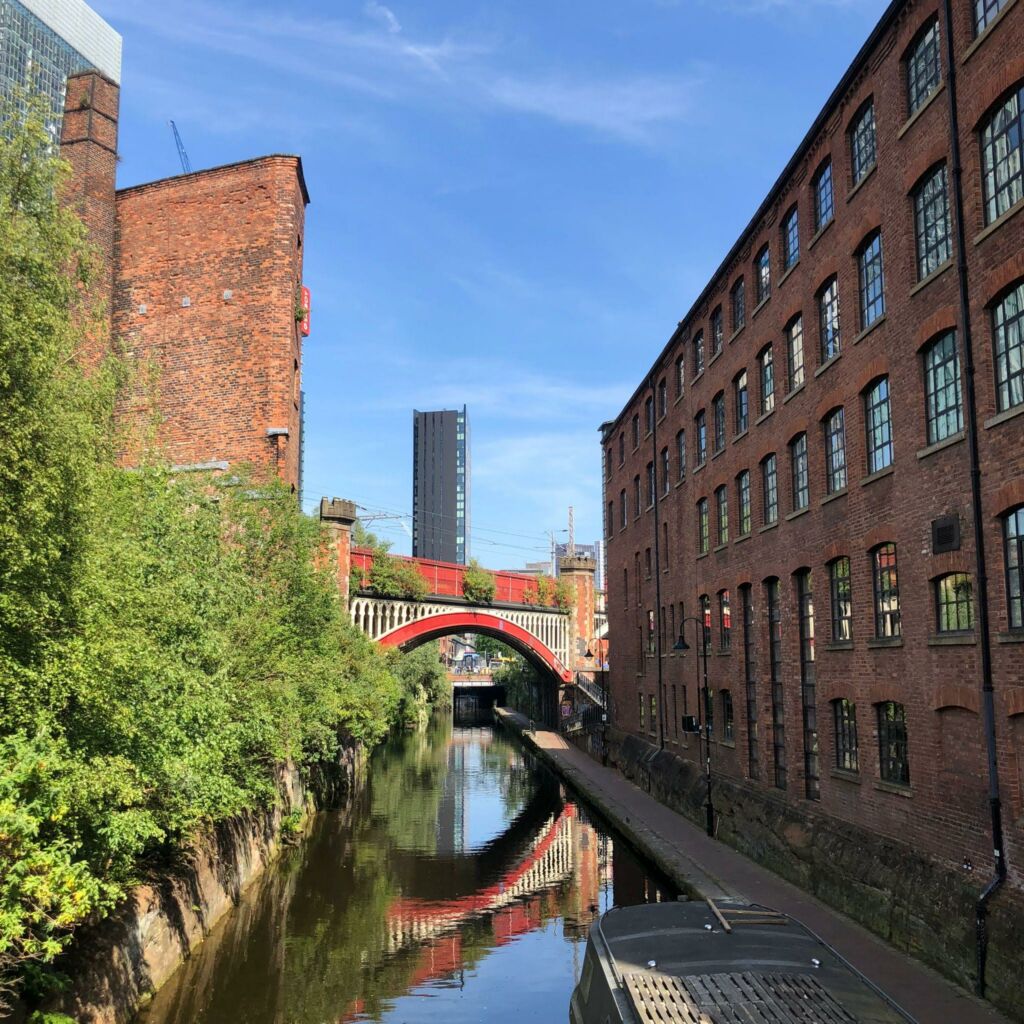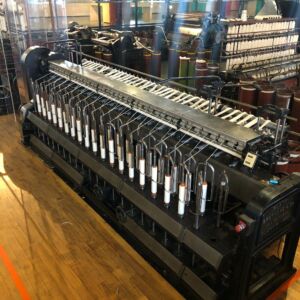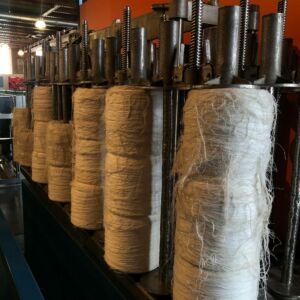Research exchange and the secrets of S-LCA

As part of the Telavalue project, I had the opportunity to go on a two-week research exchange to Manchester Metropolitan University. The agenda of the exchange was not only to meet colleagues from MMU, but also or especially to learn the secrets of social life cycle assessment.
I have been involved in the Telavalue project from the beginning, and especially in a work package led by Turku University of Applied Sciences, which explores new business models in the circular economy, such as product as a service and reuse. I have studied new circular economy business models from a social perspective. I was able to deepen my knowledge of social assessment as my visit was hosted by Dr. Carly Fletcher, who teaches environmental and social life cycle assessment at MMU. She is also involved in the EU-funded projects Bio-plastics Europe (which also collaborates with our Circular Business Models research group) and Transform-CE. My workplace during the two-week exchange was the PrintCity department at MMU, which as the name suggests, focuses mainly on 3D modelling and printing. You can get to know the staff here.
Luckily, Carly and I were able to work in collaboration with a Manchester-based company, thanks to MMU’s Alan Dempsey, who connected us. The company had been in contact with MMU earlier in the spring and had shown an interest in social life cycle assessment to further improve their already well-established sustainability credentials. They had experience in environmental life cycle assessment, so the process was familiar as such. The social life cycle assessment is based on the same standards as the environmental one. The process is similar, only the issues to be assessed are different.
-

Cotton spinning, Science & Industry Museum
-

Cotton yarn, Science & Industry Museum
Manchester is the perfect destination for anyone interested in textiles. After all, the city was once a mecca for textile production. Cotton production, in particular, is steeped in Manchester’s history. This history can be admired through a time-travelling tour of Manchester’s Science & Industry Museum, where textiles have been given considerable importance.
The MMU will also continue to train future fashion designers who will carry on the long tradition of Manchester’s textile industry. I got a glimpse of the students’ vision for the future of the textile industry at the MMU School of Arts’ spring final exhibition. The respect for tradition was evident in the handiwork of the future designers, including the use of traditional and maybe already forgotten techniques.
All in all, the research exchange in Manchester was educational and, above all, eye-opening. I look forward to returning to Turku and my normal working environment to share ideas and lessons learned with my team members and other interested parties. Perhaps in the future we will also teach social life cycle assessment in addition to the environmental one at Turku University of Applied Sciences.
Read more about the projects mentioned in the text:
Eerika Heinonen
Project worker, Circular Business Models research group, Turku UAS
